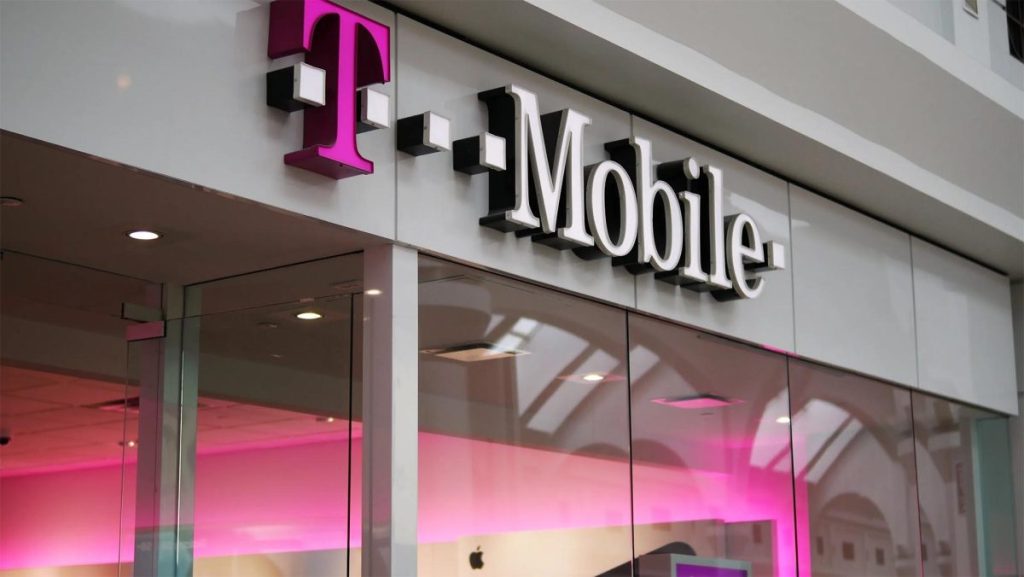In a rapidly evolving telecommunications market, T-Mobile finds itself at a crossroads as it shifts towards a self-service model, markedly reducing its reliance on traditional in-store visits. However, feedback from both customers and employees suggests that this transition may be doing more harm than good. Many users report feeling pressured by sales tactics aimed at promoting T-Mobile’s T-Life app, while employees express frustration over management’s aggressive sales targets. The ramifications of this policy shift are becoming increasingly evident, with the company facing scrutiny not just for its corporate stores but also for the performance of its third-party retailers.
The Challenges with Third-Party Retailers
T-Mobile operates many retail stores through third-party partners like Arch Telecom, which often causes confusion among consumers, as these stores present themselves as T-Mobile outlets. Unfortunately, the inconsistency in service and customer experience at these locations has been damaging to the brand as a whole. As competition in the mobile market intensifies, T-Mobile appears to be pressuring its staff to push promotions that customers often describe as misleading or deceptive.
For instance, a troubling incident recently came to light where customers were lured into a promotion that ultimately turned out to be fraudulent. Reports indicate that customers were promised lower bills and additional devices, only to be surprised by hidden fees and charges that contradicted the initial offers [Wccftech]. Such occurrences underscore a pattern of unethical sales practices that are increasingly attributed to the behavior of third-party retailers, which operate outside direct T-Mobile oversight.
A Closer Look at Arch Telecom’s Sales Tactics
Employees from Arch Telecom have shared their unsettling experiences regarding management directives that prioritize profits over customer welfare. Reports surfaced on platforms like Reddit, revealing that employees were instructed to turn away senior customers seeking to enroll in the $30-per-line 55+ plan, which is less lucrative for the retailer. The rationale behind this strategy is troubling; management believes that these lower-priced plans decrease profit margins and therefore should not be promoted. This leaves many seniors—who typically rely on such cost-saving measures—without viable options.
One employee lamented, “This isn’t about good business anymore. It’s about manipulation, greed, and corporate hypocrisy. The same upper management that pushes these toxic practices praises reps who follow them—until T-Mobile ‘discovers’ what’s happening. Then suddenly it’s, ‘We had no idea!’ and they fire that rep on the spot like they were never complicit.” This statement highlights the moral and ethical challenges facing employees caught between corporate greed and customer service.
Widespread Implications for T-Mobile
The negative fallout from such practices goes beyond damage to T-Mobile’s reputation; it can drive away both current and potential customers. As of 2023, T-Mobile’s customer satisfaction ratings have faced scrutiny, particularly as third-party retailers have become more prevalent in the company’s sales strategies. According to a survey from the American Customer Satisfaction Index, T-Mobile’s score has dipped to 78 out of 100, placing it just below competitors like Verizon, which scored 80 this year <[American Customer Satisfaction Index]>. This decline in customer satisfaction could significantly impact long-term growth as consumers are more inclined to switch to competitors with better service experiences.
Moreover, reduced commission structures and increased sales pressure at third-party stores are leading to high employee turnover and burnout. T-Mobile needs to reassess its partnerships with third-party retailers like Arch Telecom to mitigate these challenges. Implementing stringent guidelines and monitoring practices could ensure that the company adheres to high ethical standards and prioritizes customer satisfaction.
Conclusion
As T-Mobile navigates its transition to a self-service model, it is crucial for the company to address the issues its third-party retailers face. Ensuring a positive customer experience and ethical sales practices will be vital to maintaining its market position and public trust. T-Mobile must take action before these issues escalate further and severely impact its overall reputation.

